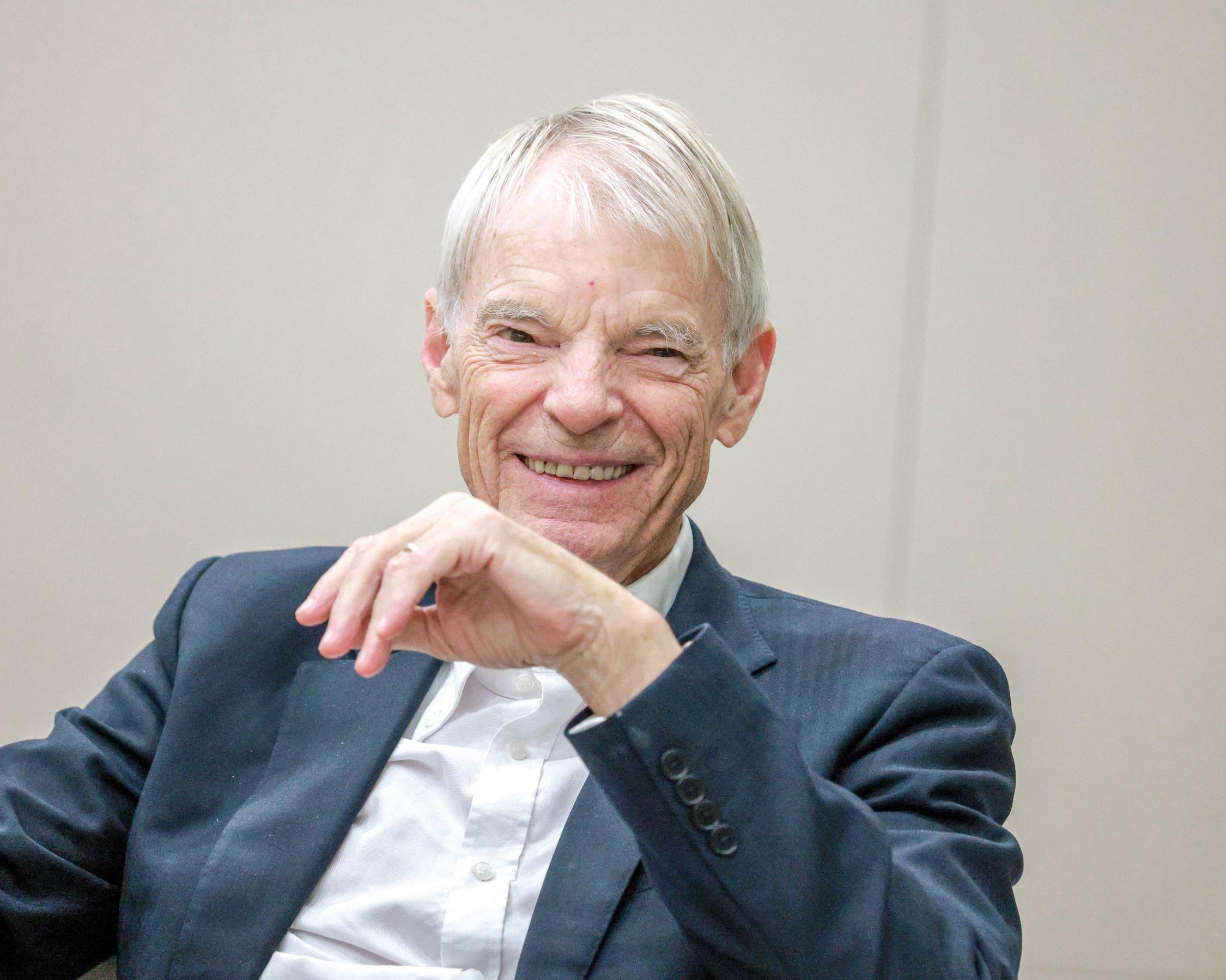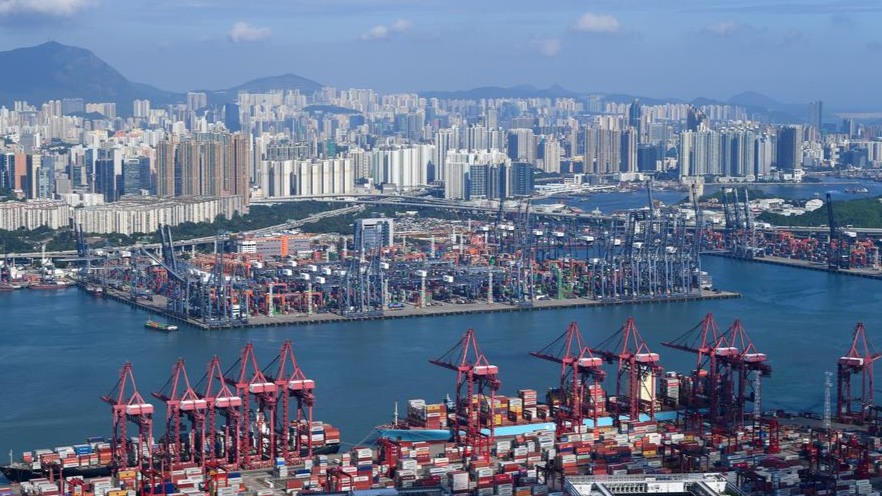
Hong Kong’s accelerating integration into the Greater Bay Area is enabling the world’s freest economy to leverage its digital advancements, strength in finance, and strategic role in global trade, said Nobel laureate and economist Michael Spence during a recent visit to China.
Spence said that, in addition to the city’s integration into the GBA, it is on the right path economically, benefiting from proactive government economic policies and its entrenched expertise in trade — two critical factors his latest research has identified as essential for surviving and thriving in the “fragmented world economy”.
The Hong Kong Special Administrative Region is “definitely” on the right track, said Spence — who is renowned for his groundbreaking research on how developing countries achieve economic success.
He expressed confidence in Hong Kong’s economic transformation despite the notable challenges it faces, and highlighted improvements in the financial sector and the increased level of investment in the city that has occurred thanks to investors now having a better understanding of the Hong Kong National Security Law, enacted in 2020.
ALSO READ: Experts: GBA services trade integration to fuel global competitiveness
According to Spence, 82, the post-World War II economic model — which helped Hong Kong rise to eminence — was based on efficiency, investment returns, and specialization. This model is no longer adequate in today's complex landscape, where national and economic security have become central concerns, resulting in more costly global supply chain reconfigurations, he said.
Spence, who is also a professor emeritus at Stanford University, believes that traditional global cooperation frameworks need to be rebuilt, with emerging economies, as well as China and Europe, playing larger roles —factors that have placed Hong Kong at the center of the global economic stage.
The SAR’s economic growth is gaining momentum as part of the Greater Bay Area, and the city is “adept at managing global supply chains”, said Spence, who, in his latest essay on the US economy identifies the tradable sectors outperforming manufacturing amid the current economic uncertainties.
“Hong Kong has always been expert at trading and organizing global supply chains — that's not going to go away,” he said.

On AI and technology, the senior fellow at the Hoover Institution highlighted the rapid advances that are already reshaping science, though he cautioned it will take time for the broad economic effects to materialize. He acknowledged the controversy surrounding the AI investment bubble.
As Hong Kong further integrates into the Greater Bay Area, it stands to gain from technological advances, especially in AI and biotechnology, he said.
READ MORE: GBA forum: HK premier gateway for high-quality development
Spence observed that many Hong Kong residents often visit Shenzhen on weekends and holidays seeking bargains, elbowing some local retail and restaurant players out of the market.
In addition to the structural challenges facing the services sector, Spence pointed to the dual impact of AI, saying that it would both create new opportunities as well as contribute to unemployment.
The city’s latest seasonal unemployment rate slightly dipped to 3.8 percent over the past three months, but is still higher than last year’s 3.1 percent over the same period.
He urged the city to undertake “a whole lot of skills transitions” to mitigate the painful effects of economic transformation and technological upgrading.
According to Spence, the transition within Hong Kong’s services economy, combined with broader structural reforms in China’s economic model, will require patience and careful policymaking.


